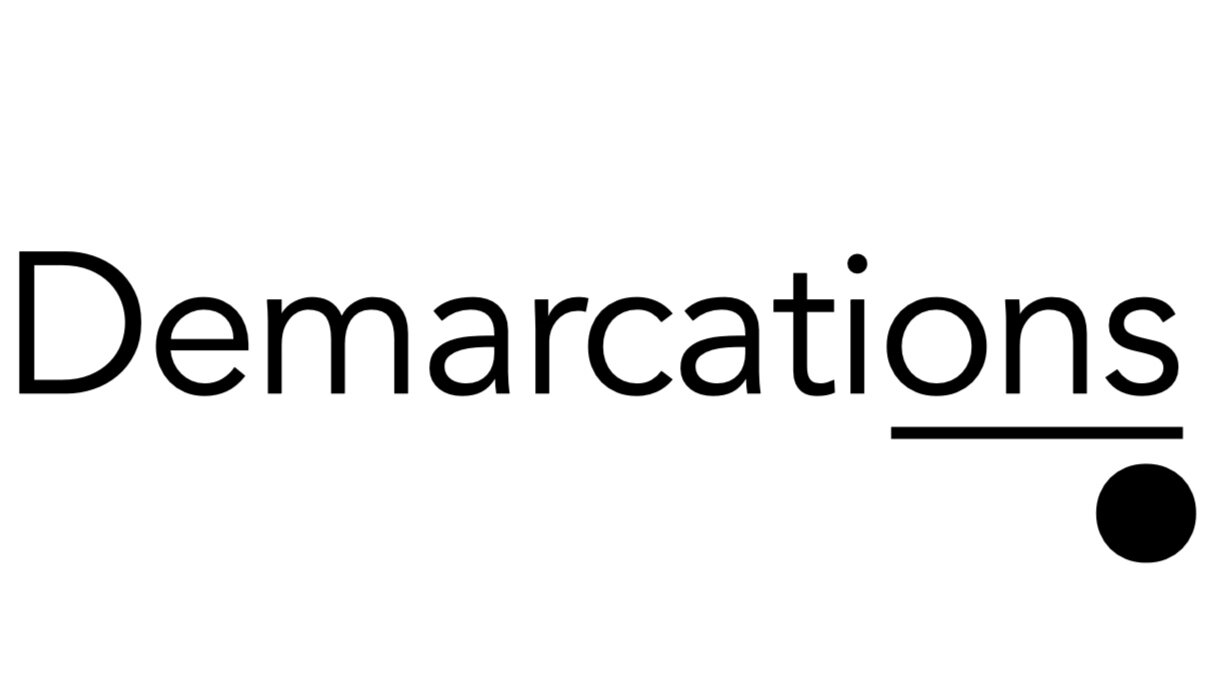Among the many ways the web has changed the world, I'd like to add one more. For me, at least, it's engendered a greater appreciation for the variety and extent of human ability. Sure, some of what gets posted to the web is of questionable taste (or worse), but I can recall dozens of times reading someone's writing or watching a video and being, not just impressed, but surprised a fellow human was even capable of doing that.
David Letterman used to have a segment called Stupid Human Tricks, and maybe he still does. For the most part, they were, in fact, pretty stupid tricks. The web is full of those too.
But what I'm referring to is genuine talent: artistic and creative, athletic, literary, and intellectual. Okay, so the slip 'n slide video wasn't real. But the web is a massive repository of human ability. And it's easily accessible through a computer and phone.
In doing this, it's helped me to realize that "ordinary" people can do "extraordinary" things. The world is full of talent. Human ability is everywhere. And never underestimate human potential.
On that note, please enjoy this video:

